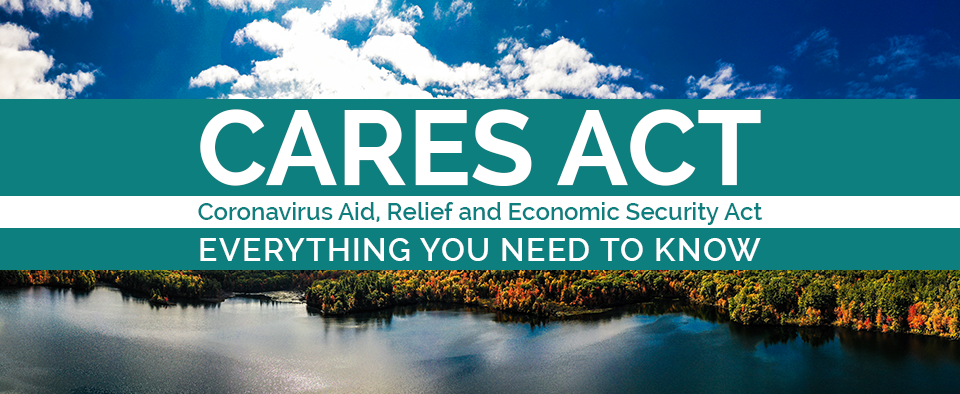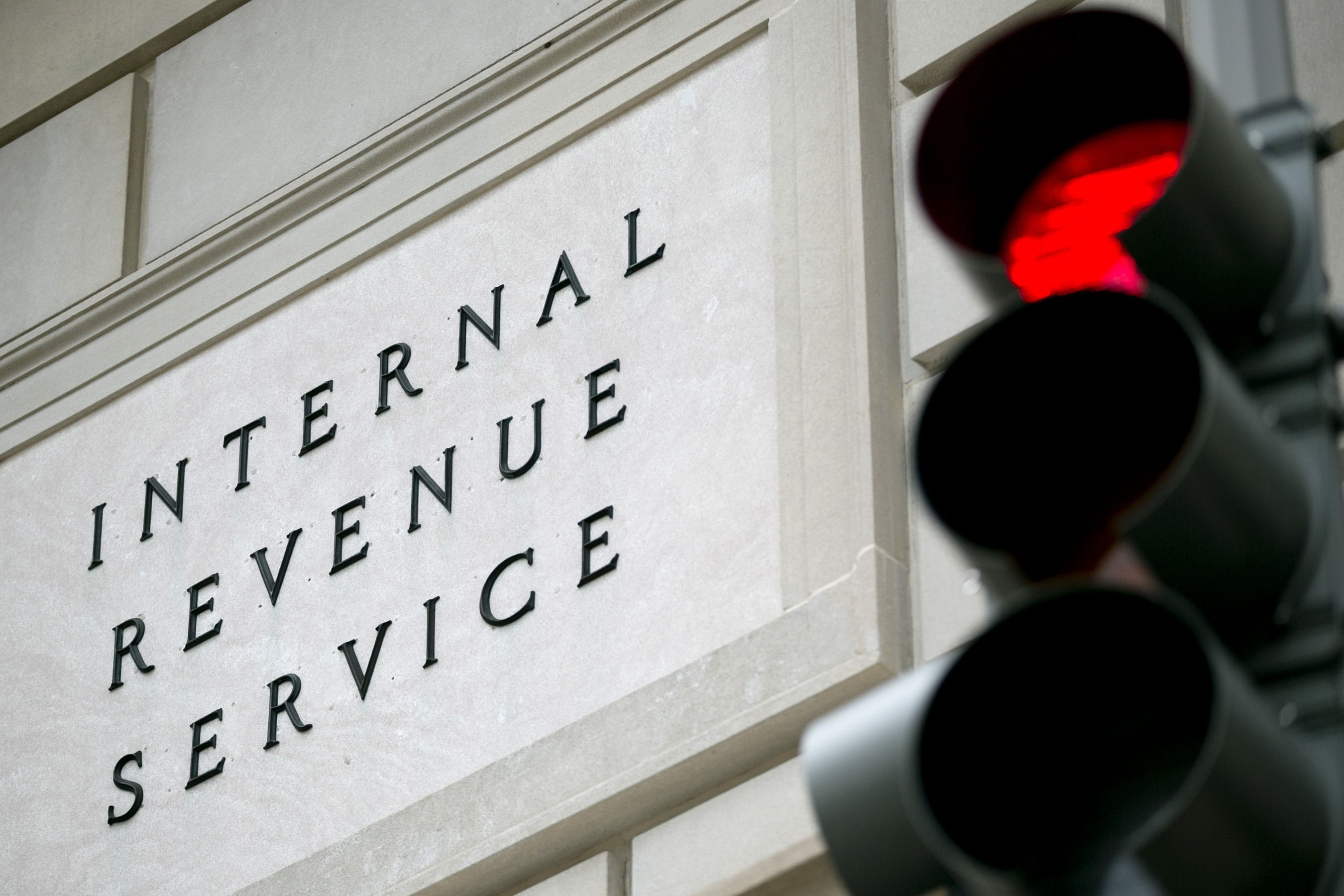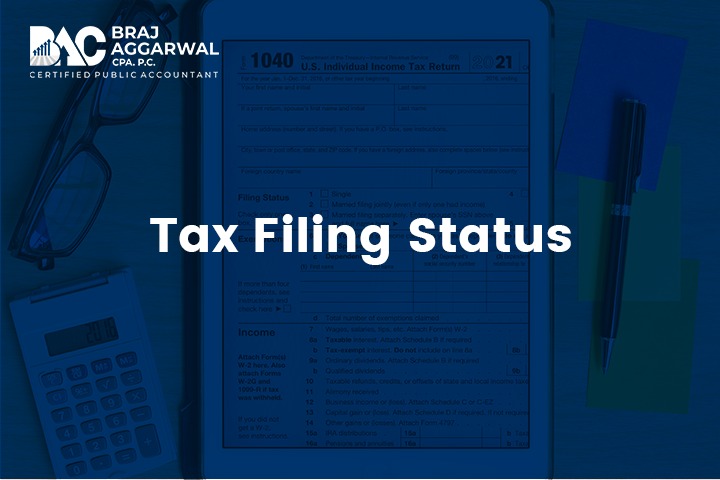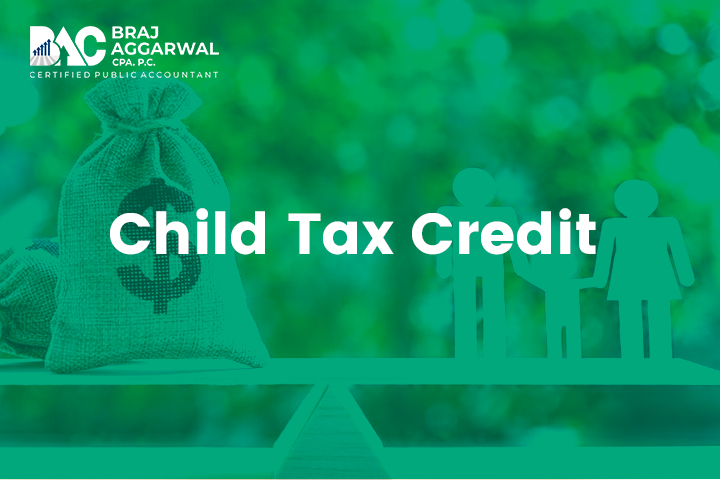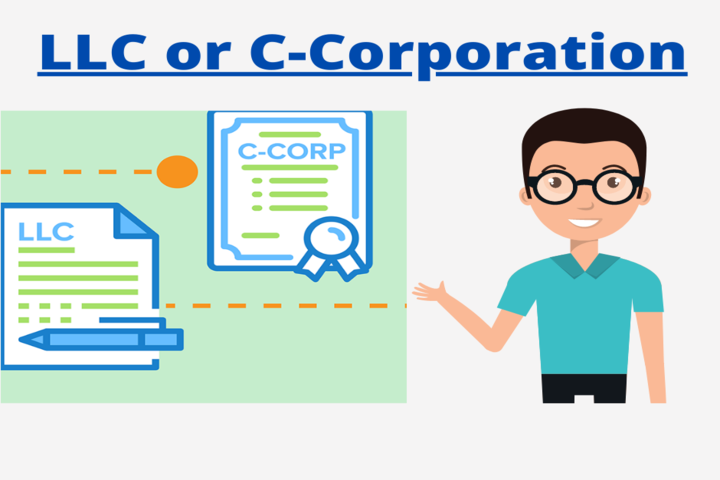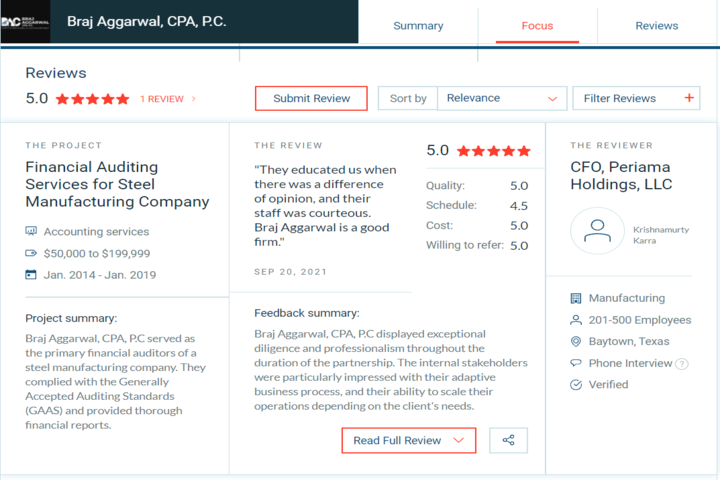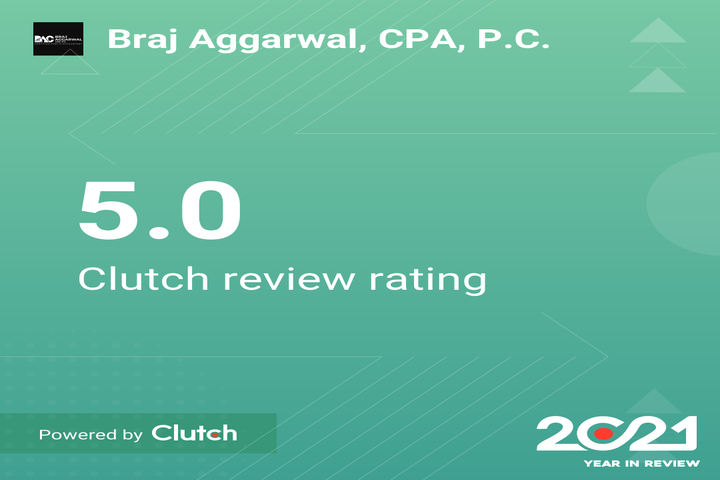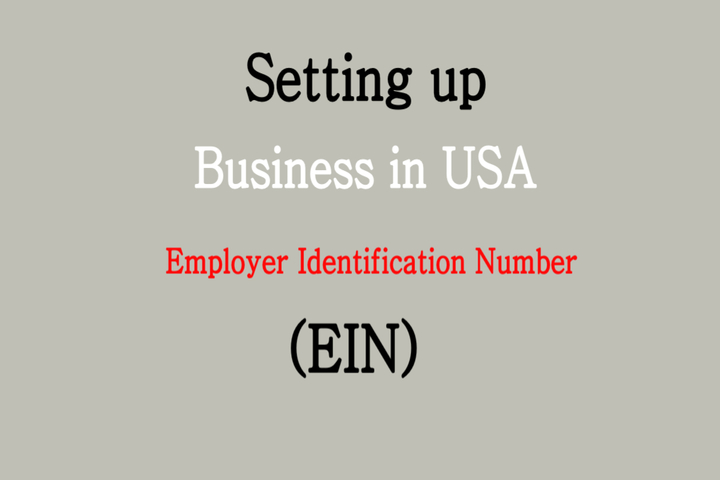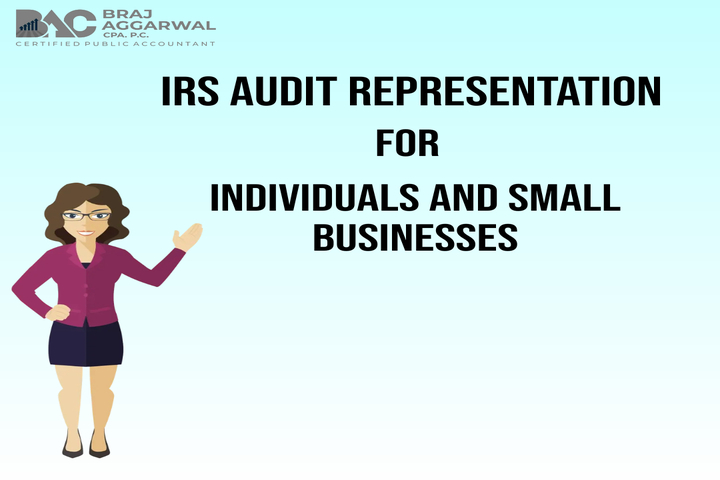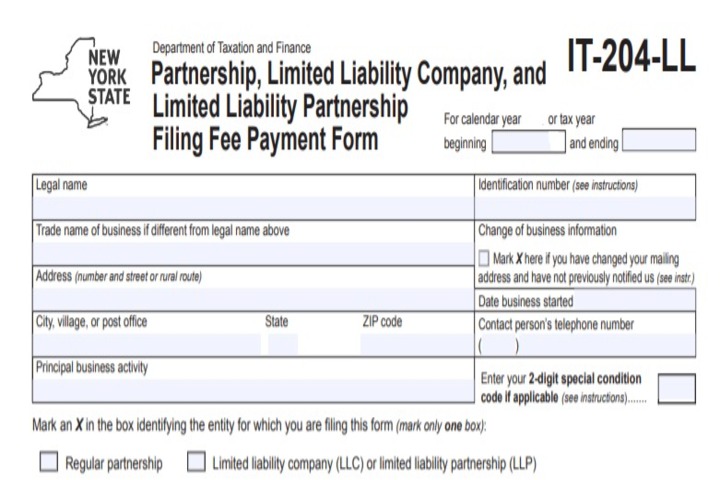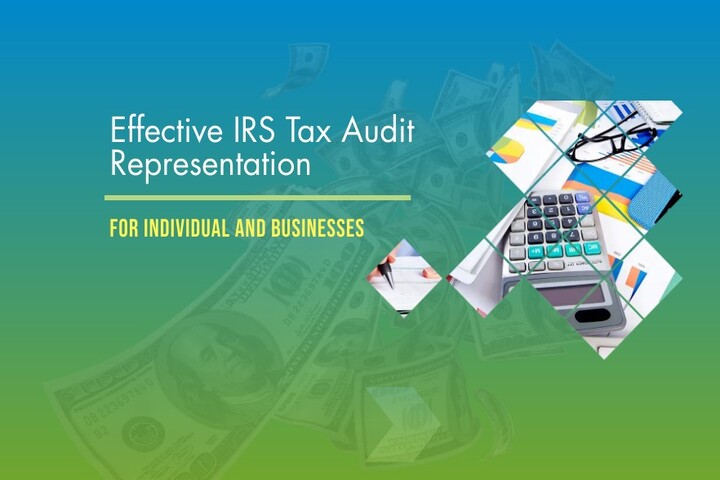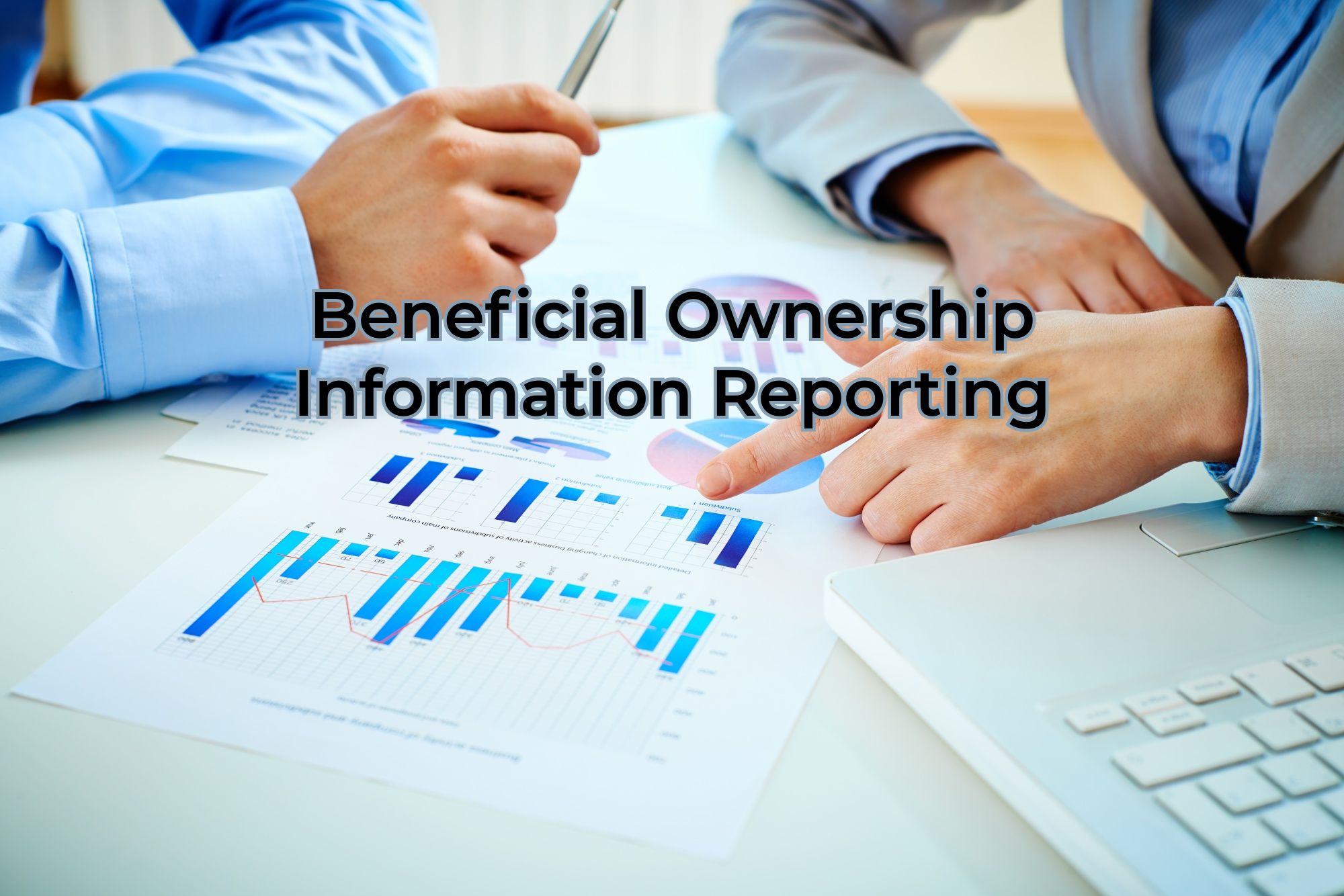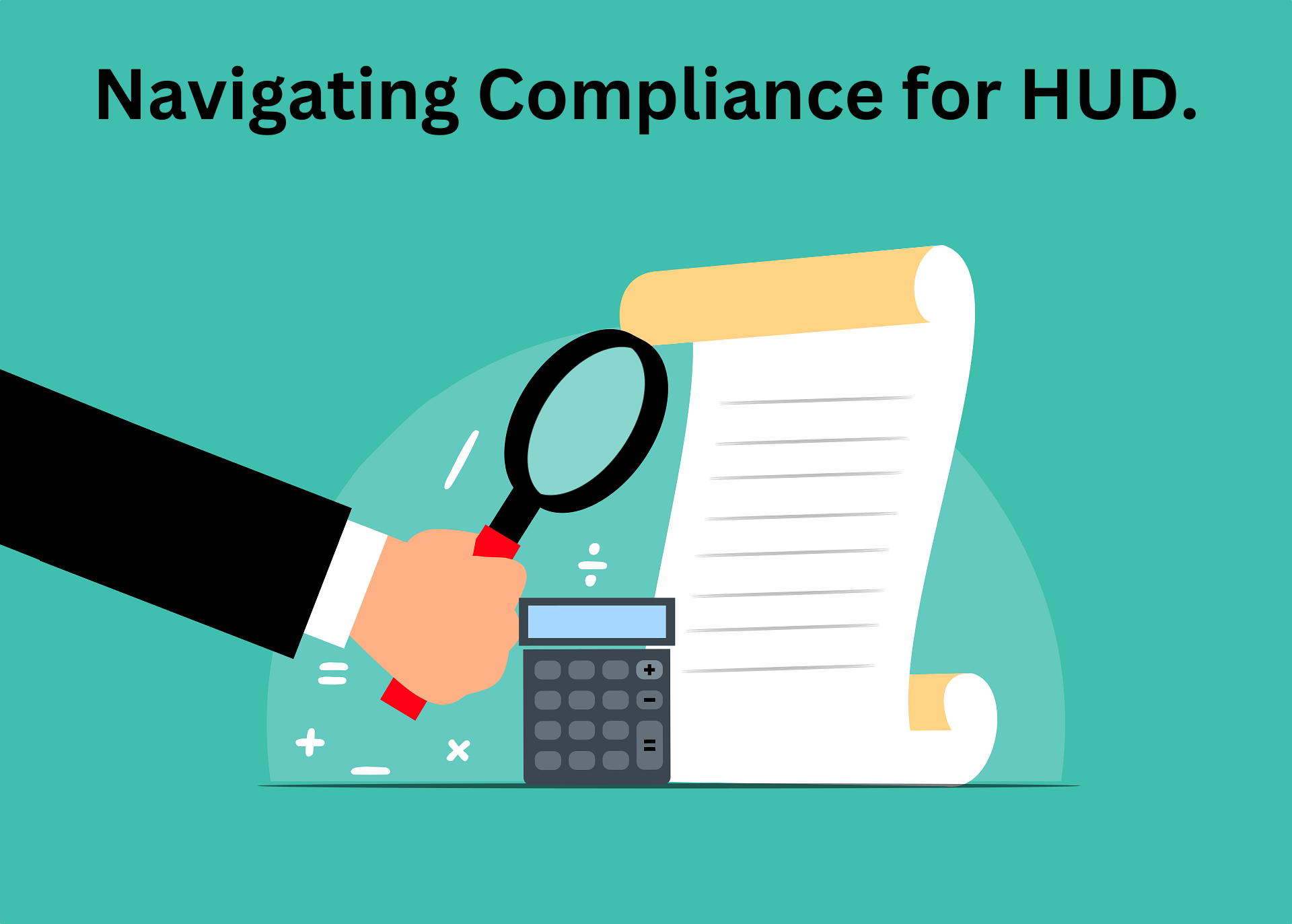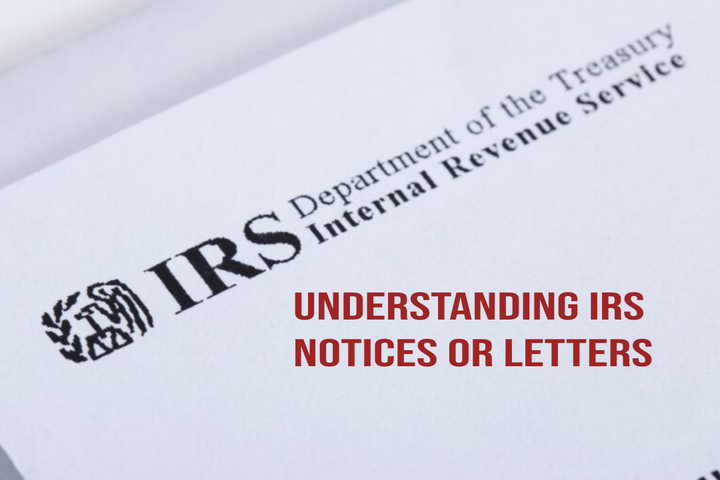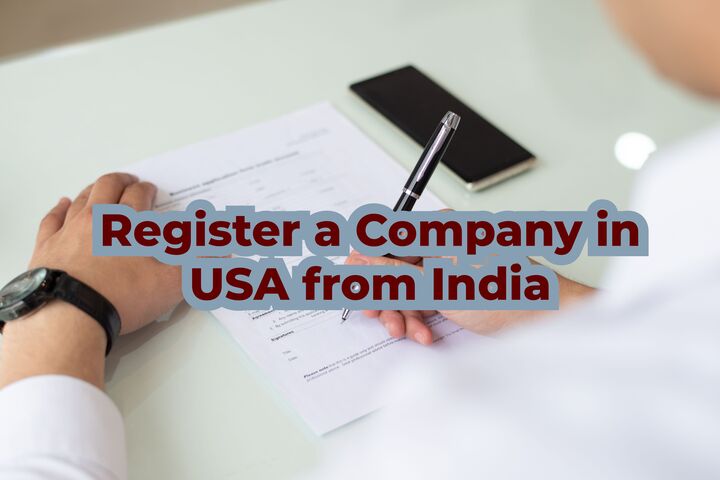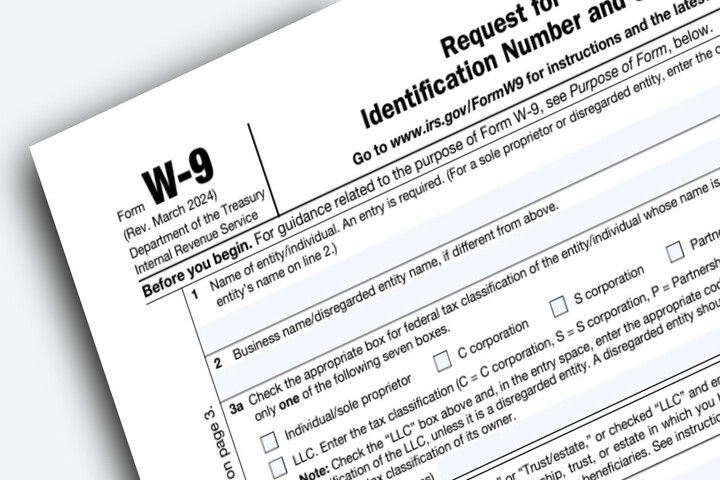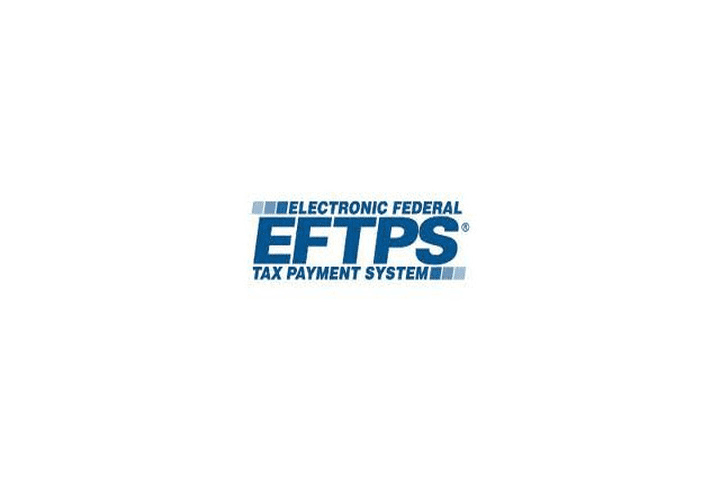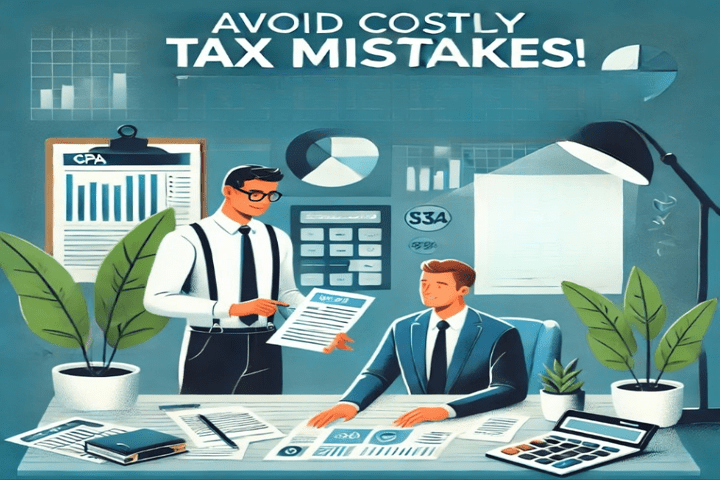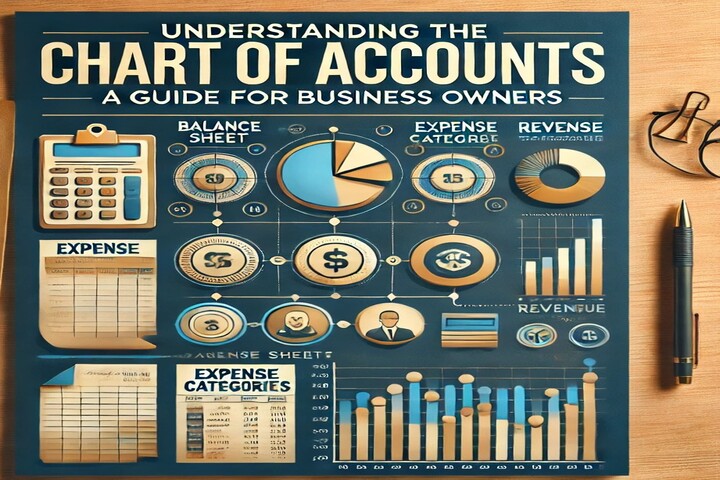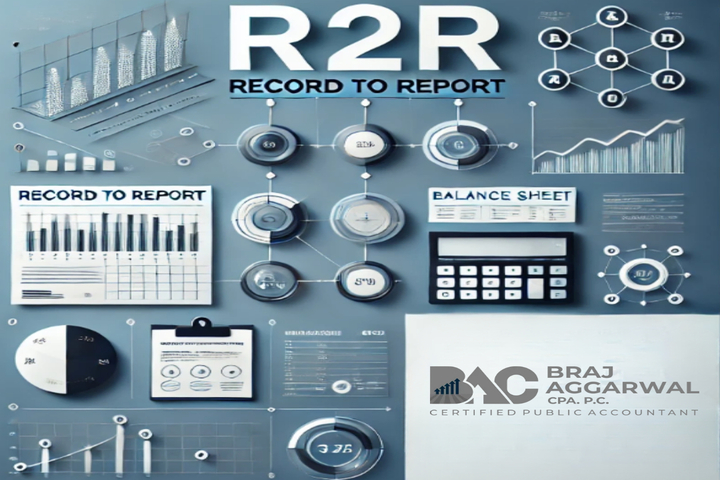RESTRICTED STOCK AND 83 (B) ELECTION
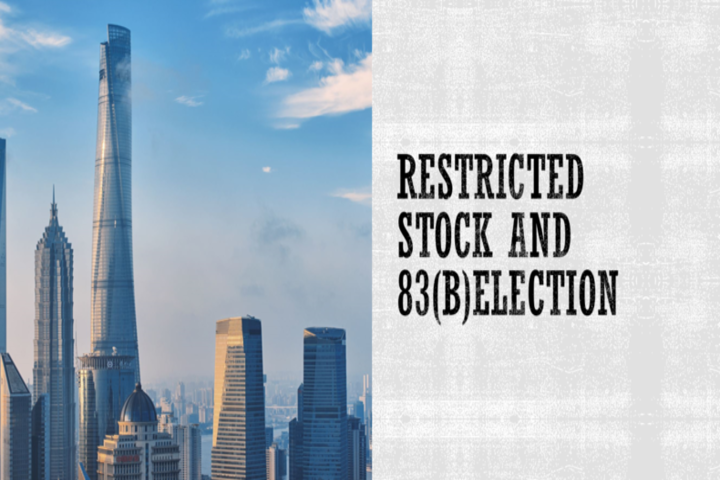
RESTRICTED STOCK
Grant date
Startup / Company gives employee equity of company at a discounted price.
Vesting Schedule
Shares are vested at 1, 2, 3 yrs to retain the employee. So, employee gets some of shares vested. There are two types of RS : RSU and RSA.
Sale
Employee exercise sale to cover taxes and sometimes you wait till end of the vesting to make sale and pay CGT
DIFFERENCE BETWEEN RSU AND RSA
RSU(Restricted Stock Unit)
- Shares are not issued until vesting completion
- Underlying shares considered issued/outstanding after vesting complete.
- Subject to tax after vesting complete.
- Not section 83(b) eligible.
- Normally taxed as ordinary income
RSA (Restricted Stock Award)
- Shares issued at grant date and held until vested
- Underlying shares considered issued/outstanding before vesting complete.
- Subject to tax from grant day.
- Section 83(b) eligible
- Maximize capital gains.
HOW RSU IS TAXED ?
Grant Date
- 1000 Shares granted @$1 per share
- 2 yr. vesting period begins
- No taxes due
Vesting 1st year
- 5000 shares vested @$100 per share
- Taxed on $5,00,000 of ordinary income included in W2.
Vesting 2nd year
- 5000 shares vested @$110 per share
- Taxed on $5,50,000 of ordinary income included in W2.
Total Income: $105k over 2-year period of vesting.
Capital Gains: If shares are held beyond 2 years, $105k become cost basis and gains beyond that are taxed as capital gains.
HOW IS RSA TAXED? ASSUMING NO 83 (B) - ELECTION TAKEN.
Grant Date
- 1000 Shares granted @$1 per share
- 2 yr. vesting period begins
- No taxes due
Vesting 1st year
- 5000 shares vested @$100 per share
- Taxed on $5,00,000 as federal tax slabs (i.e.,35%).
Vesting 2nd year
- 5000 shares vested @$110 per share
- Taxed on $5,50,000 as federal tax slabs(i.e.,35%).
Total Income: $105k over 2-year period of vesting.
Capital Gains: If shares are sold after 2 years. Any gain is subject to capital gains tax.
HOW IS RSA TAXED? ASSUMING 83 (B) - ELECTION TAKEN.
Grant Date
- 10,000 Shares granted @$10 per share
- 2 yr. vesting period begins
- You pay taxes on $1,00,000 as ordinary income rates (i.e., 35%)
Vesting 1st year
- 5000 shares vested @$100 per share
- No taxes due
Vesting 2nd year
- 5000 shares vested @$110 per share
- No taxes due.
Total Income: $105k over 2-year period of vesting.
Capital Gains: If shares are sold after 2 years. Any LT gain is subject to capital gains tax @25%.
PROS AND CONS OF 83 (B) ELECTION
Pros
- Taxes paid at the time of grant of equity at a nominal rate.
- 83 b election needs to taken within 30 days of grant.
- Grant date is taken which is on paper not the time you received the documents.
- No taxes due on incremental value of shares at the time of vesting.
- Capital gains subject to LTCG tax.
- 83 (b) election form
Cons
- If the company performance declines, you overpaid the taxes at the time of grant of equity. (which happens rarely)
- If 83 b election is not taken within 30 days of grant of equity, then there is no way you can rectify.
Do you still have questions about restricted stock and 83 (B) Election? Email us at baggarwal@aggarwalcpa.com or fill up the below form. We will get back to you asap.



